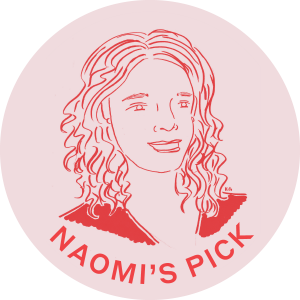In this graphic memoir, illustrator and writer Nora Krug explores what it means to have German grandparents who may or may not have been complicit in the atrocities of the Nazi regime. They might have been offenders, or maybe bystanders, but were never willing to share their memories of those years.
After happenstance encounters with Holocaust survivors that made her realize how much there was to discover about her family’s past, Krug decided to return to her ancestral village. She visited neighboring towns and scoured regional archives to painstakingly piece together facts about her family and their neighbors, both Christian and Jewish.
Frame by frame, Krug illustrates the complexities of her family relationships; how deeply the events of World War II and the Holocaust continue to affect people today; and the courage it takes to probe (and overcome) the rifts and disconnections caused by events that occurred two generations ago.
Through illustrations, collages, and text, Krug reveals an increasingly comprehensive narrative of what was and what may have been. She digs into stories about life and death, survival and murder, action and inaction, participation and witnessing. She asks how to reckon with guilt and responsibility, and how to own what is yours — inherited or chosen, uncomfortable or delightful. We watch her forgo quick moral judgments and come to the compassionate realization that war is hell for everybody.
Krug’s book is a worthwhile journey toward a deeper understanding of one’s responsibility to repair what has been destroyed.
Reinhild Draeger-Muenke left her native Germany as a young adult and has lived in the United States for almost 40 years. She is a psychologist and family therapist in the Philadelphia area, helping people heal from intergenerationally transmitted trauma.


